SEA's great power 'neutrality' risks being pro-China and anti-US
Susannah Patton, director of the Southeast Asia Program at Lowy Institute, asserts that though they seem to be taking a neutral stance, many Southeast Asian countries' responses to Russia's invasion of Ukraine and increasing US-China tensions on Taiwan have in fact affirmed narratives that are implicitly more critical of the US and other G7 countries. This may help to shape a regional environment that is far too permissive of aggression and coercion - the precise scenario that the countries hope to avoid.
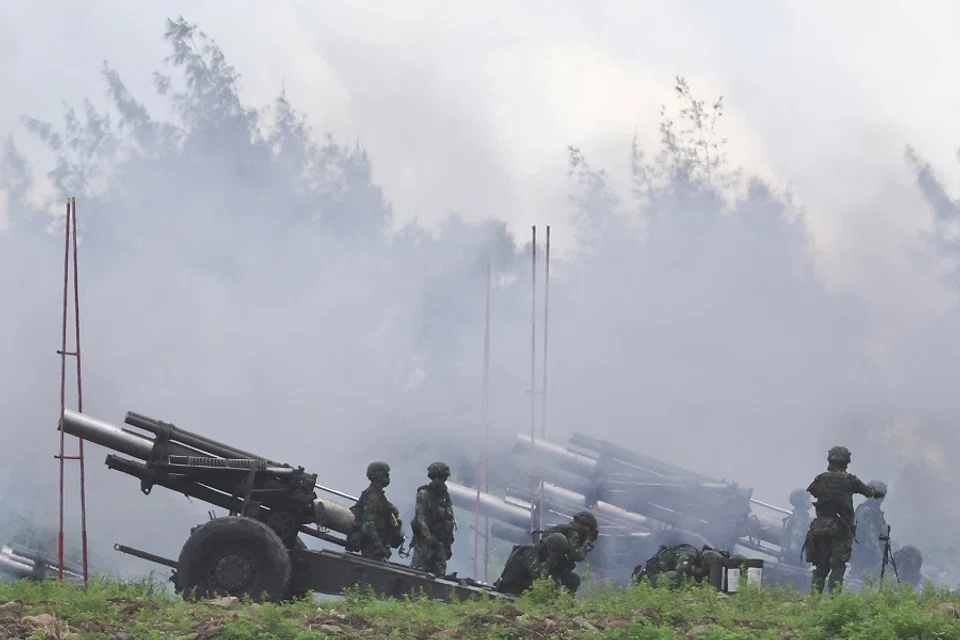
As the world seemingly veers from one crisis to the next in 2022, ASEAN faces multiple crises. Its members want to reboot economic recovery from the protracted Covid-19 pandemic. They must also manage the humanitarian and political catastrophe unfolding in Myanmar. On top of this, they are contending with the impacts of two major global crises: Russia's invasion of Ukraine and worsening tensions between the US and China over Taiwan.
A dominant narrative in Southeast Asia holds that the region has little influence over these two global crises but must suffer the consequences.
Yet how Southeast Asia responds to both Russia's invasion of Ukraine and China's escalatory aggression towards Taiwan matters.
ASEAN leaders and ministers have displayed a worrying false equivalency, equating US-led sanctions with the damage wreaked by Russia's illegal invasion.
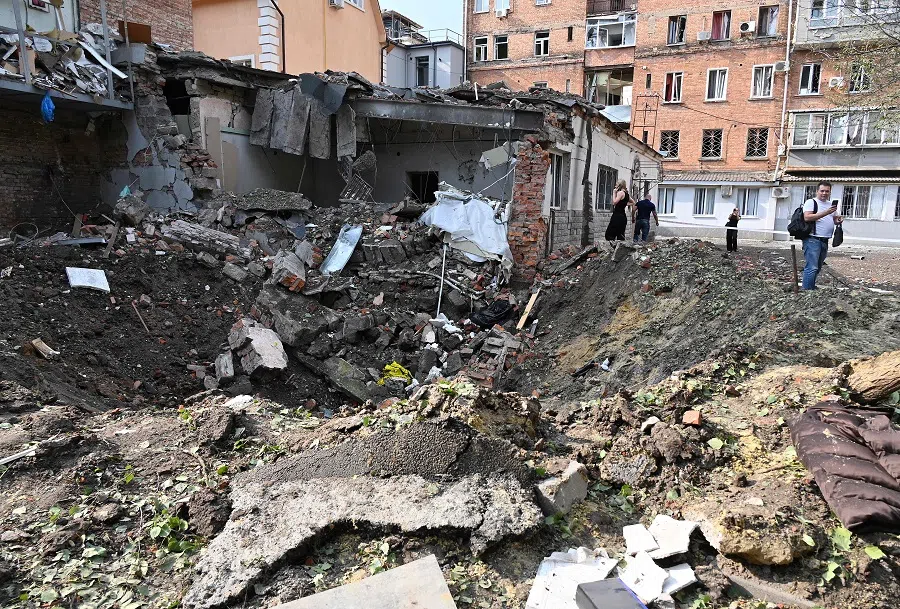
In the Ukraine crisis, while Singapore swiftly condemned Russia's invasion and imposed sanctions, other Southeast Asian countries' policies of neutrality have increasingly proved the aphorism that neutrality favours the oppressor. Increasingly, ASEAN leaders and ministers have displayed a worrying false equivalency, equating US-led sanctions with the damage wreaked by Russia's illegal invasion.
Reinforcing the narrative against Western sanctions
Malaysia, Indonesia and Cambodia have been the most forthright in their public criticism of Western sanctions.
Cambodian Prime Minister Hun Sen recently said: "Now, a new problem - war and sanctions - has arisen that could further destroy tourism while creating the precarious state of a divided and indisciplined world. The problem is not only the war in Ukraine. The sanctions...caused global market turmoil." This follows earlier remarks at the Shangri-La Dialogue by Cambodian Deputy Prime Minister and Minister of National Defence Tea Banh, who noted the impact of sanctions on "unrelated innocent" people.
Both Malaysia's foreign and defence ministers have opposed sanctions on Russia. Malaysian Senior Minister for Defence Dato' Seri Hishammuddin bin Tun Hussein linked sanctions with food insecurity at the Shangri-La Dialogue, saying: "The damage in Ukraine, a major exporter of many basic commodities, as well as harsh sanctions on Russia, is expected to spur further price increases in the coming months." Minister of Foreign Affairs Dato' Sri Saifuddin Abdullah expressed his opposition to sanctions by noting that on principle, Malaysia only recognised sanctions imposed by the UN Security Council.
Indonesia's views are the most concerning, however, given the country's substantial political and economic weight, and role as chair of the G20.
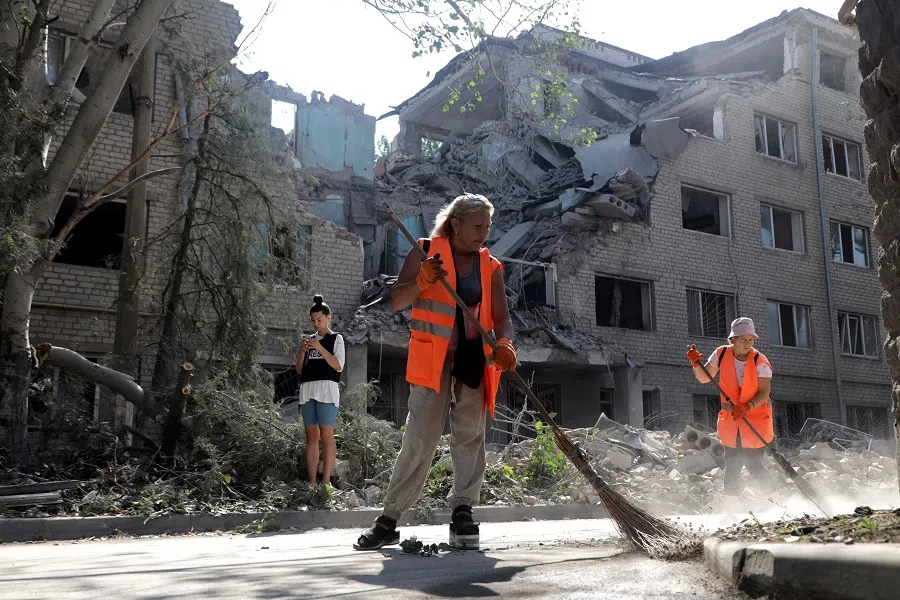
Indonesia's views are the most concerning, however, given the country's substantial political and economic weight, and role as chair of the G20. During his June diplomatic mission to Ukraine and Russia, President Joko Widodo noted that he had appealed to the G7 to ensure there were no obstacles in exporting food and fertilisers from Russia. Minister of Finance Sri Mulyani Indrawati went further, and in a July media interview said, "We cannot separate the war and the sanctions. The country that is perpetuating the war says the sanctions are making conditions worse. The ones that are deploying the sanctions say they are doing so because of the war." Sri Mulyani added that "the best option is for both sides to stop".
Such comments directly advance the claim put forward by China and Russia that seek to blame sanctions, rather than Russia's invasion, as the cause of global economic harm.
In this sense, Southeast Asian leaders have not become more pro-Russia or pro-China in their positions on the Ukraine crisis. Yet because their statements have increasingly referenced problems caused by sanctions, their narratives have become implicitly more critical of the US and other G7 countries. And they overlook the basic fact of who is responsible for the current crisis.
But based on a narrative in the region that already points to the US as the destabilising force, this will likely be neutrality in name only; in substance, it risks being pro-China and anti-US.
Neutrality in name?
Unfortunately, it is reasonable to assume that these responses would be a template for regional responses to any increased aggression by China towards Taiwan, including an outright invasion. China is much larger and much more important economically to Southeast Asia than Russia; the fear of being at odds with China is greater.
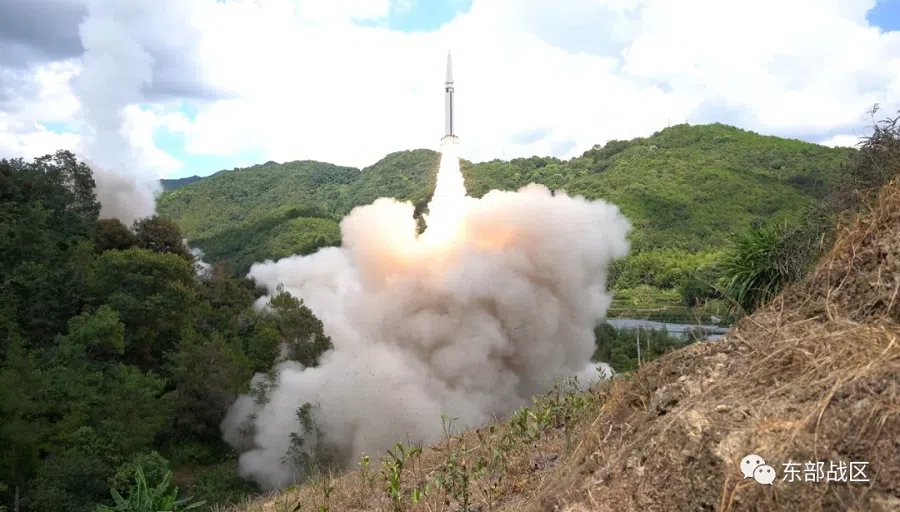
Recent statements by individual Southeast Asian countries and ASEAN as a group call on both the US and China to de-escalate. But note the timing of these statements: they were mostly issued on 3 August after Nancy Pelosi's visit to Taiwan. China's escalatory and disproportionate missile launches, commencing on 4 August, did not attract criticism or further regional calls for "de-escalation". Nor did Beijing's 5 August decision to cut lines of cooperation with Washington. A notable positive exception to such statements was Philippine President Marcos welcome intervention noting that the Pelosi visit demonstrated, rather than raised, tensions.
As many analysts have observed, most Southeast Asian countries would seek to remain neutral in the event of further escalations or a conflict over Taiwan. But based on a narrative in the region that already points to the US as the destabilising force, this will likely be neutrality in name only; in substance, it risks being pro-China and anti-US.
Preventing a disastrous conflict
It is not too late for Southeast Asia to register real messages with China that would make it think twice, and question whether Southeast Asia will have its back on Taiwan. Articulating clearly the disproportionality of China's military drills and broader military response to Pelosi's visit - whether in public or in private - would have had such an effect. They should also hold firm to their existing unofficial ties, such as economic cooperation with Taiwan.
Vague messages, like the recent statement from ASEAN foreign ministers, which call for negotiation, but fail to identify the risks of China's actions, confirms for China that its actions will go unchallenged in the region, leaving it space to escalate.
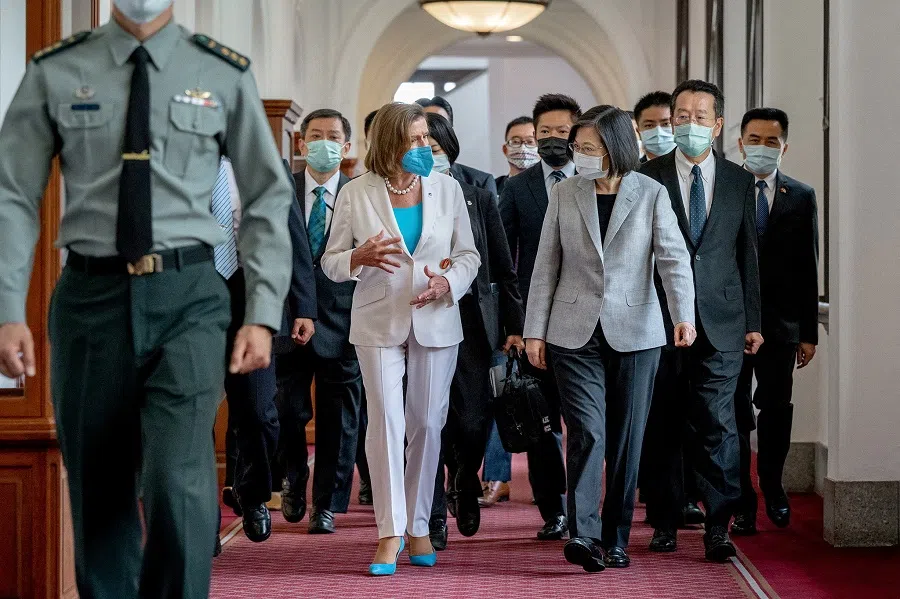
Given their interest in lines of communication between the US and China remaining open, Southeast Asian countries could be clearer in urging China to maintain lines of communication and cooperation with the US; which as Secretary Blinken noted during his recent visit to Manila, Beijing suspended in response to Pelosi's Taiwan visit.
Such forthright diplomacy could only advance Southeast Asia's interest in preventing a disastrous conflict. Vague messages, like the recent statement from ASEAN foreign ministers, which call for negotiation, but fail to identify the risks of China's actions, confirms for China that its actions will go unchallenged in the region, leaving it space to escalate. Such statements do more harm than good.
Ultimately, Southeast Asian countries are correct in their assessment that averting conflict will depend on decisions made in Beijing and Washington. Yet rather than contributing to collective efforts that would deter China, Southeast Asian policies in 2022 have risked emboldening it, helping to shape a regional environment that is far too permissive of aggression and coercion.
Related: The 'one China' policy of Southeast Asian countries | Implications of the Russia-Ukraine war for the People's Liberation Army | The lasting impact of Pelosi's Taiwan visit on Southeast Asia | Did Beijing just score a victory without battle with Pelosi's Taiwan visit? | Five big questions about Nancy Pelosi's Taiwan visit

![[Big read] Paying for pleasure: Chinese women indulge in handsome male hosts](https://cassette.sphdigital.com.sg/image/thinkchina/c2cf352c4d2ed7e9531e3525a2bd965a52dc4e85ccc026bc16515baab02389ab)
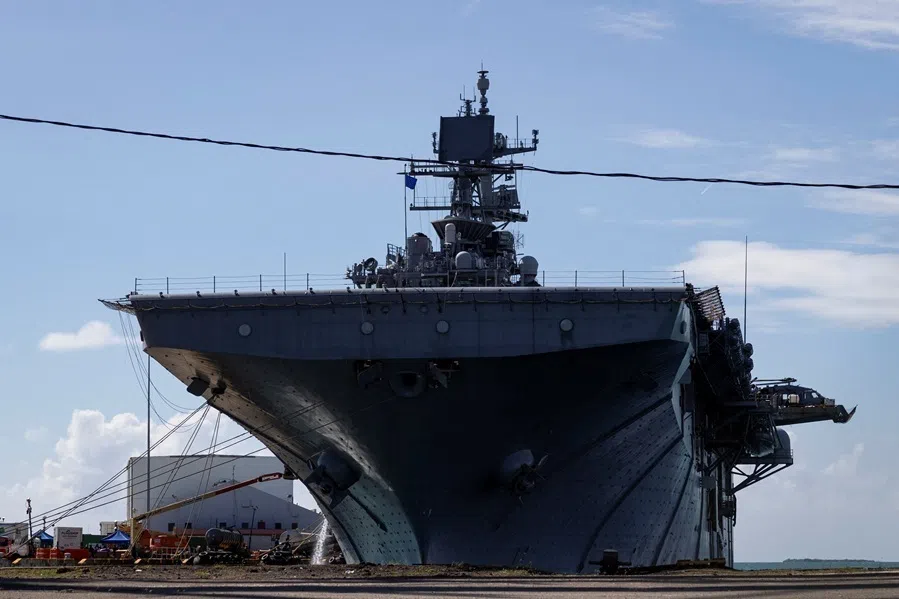
![[Big read] How UOB’s Wee Ee Cheong masters the long game](https://cassette.sphdigital.com.sg/image/thinkchina/1da0b19a41e4358790304b9f3e83f9596de84096a490ca05b36f58134ae9e8f1)

